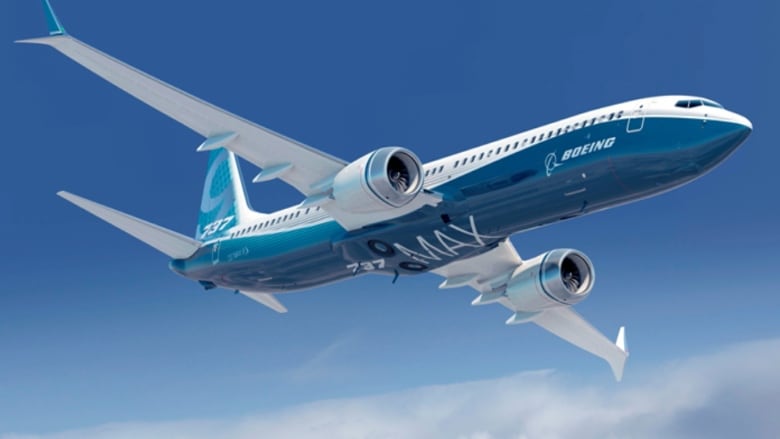The parliament in Kenya has voted to nationalise the country’s main airline, Kenya Airways, to save it from mounting debts.
In a voice vote taken on Tuesday afternoon, the majority of lawmakers in the national assembly voted to accept a transport committee report on nationalisation that had been debated by the chamber on June 18.
The loss-making airline, which is 48.9 percent government-owned and 7.8 percent held by Air France-KLM, has been struggling to return to profitability and growth.
A failed expansion drive and a slump in air travel forced the airline to restructure $2bn of debt in 2017. It later proposed taking over the running of Nairobi’s main airport to boost its revenue, but that was rejected by the transport committee.
Kenya Airways Chairman Michael Joseph told the Reuters news agency that the vote was “great news” and said that nationalisation is “necessary to compete on a level playing field”.
“It is not what we want, but what we need,” he added, referring to competitors such as Ethiopian Airlines that are state-run and profitable.
Air France-KLM could not immediately be reached for comment.
The government will now draw up an implementation plan with clear timelines, said Esther Koimett, the principal secretary at the ministry of transport.
“Parliament is our boss,” she told Reuters. “We will obviously take the recommendations of parliament.”
Kenya is seeking to emulate countries like Ethiopia that run air transport assets – from airports to fuelling operations – under a single company. They generally use funds from the more profitable parts to support less lucrative enterprises, such as national airlines.
“The government is keen to take a consolidated view of aviation assets of the country in order to make sure they work in a coherent and efficient way to support the hub,” Koimett said, referring to Nairobi’s central role in Kenyan aviation.
The committee’s report proposes that Kenya set up an aviation holding company with four subsidiaries, one of which would run Kenya Airways. Another arm of the holding company would operate Nairobi’s main international airport.
It also recommended the holding company be exempted from paying excise duties on all goods – including jet fuel – and given tax concessions for a time period to be determined later.
Kenya’s state-owned enterprises sector is riddled with corporate corpses and near-failures caused by theft and poor management over the decades, but Koimett dismissed concerns that nationalisation could lead to further mismanagement.
“Implementation is really the key thing,” she said. “Ultimately, all these things have to do really with ensuring that we get the right people in the right places.”
Al Jazeera



